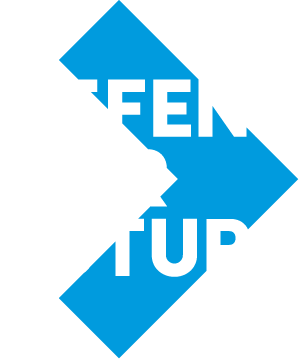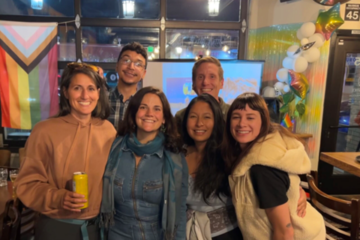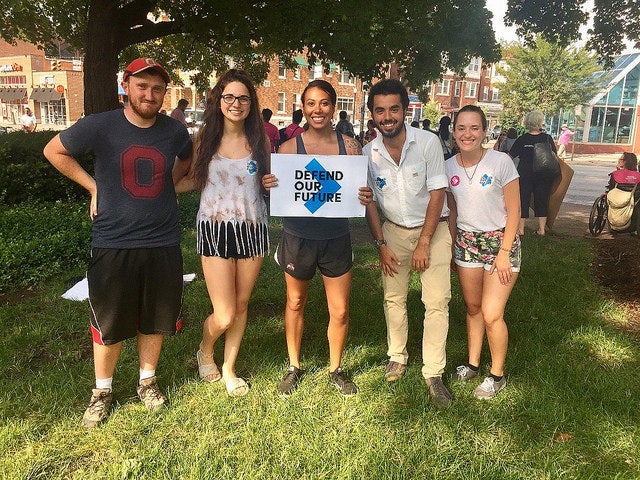Disenfranchised young voters and those who feel abandoned by the system claim their vote simply doesn’t matter. You’ve probably wondered yourself, “How can my vote really make a difference?” or “What’s the point of voting?” However, your single, unique vote really matters, probably way more than you think. Let me explain why.
Every four years we have a major election that shakes things up. (Oh yeah, there’s also a mid-term election two years after the presidential election that affects members of Congress, in case you were unaware.) This means the People get a chance to vote; to say to policy makers ‘Hey, we don’t like what you’re doing’ or ‘Great job, but let’s tweak this’. Democracy is an endless experiment, and every two and four years, we get a chance to speak up to help keep it on the right track. This means voting with your unique voice. But, if you don’t show up to vote, your voice isn’t heard.
Suppose most people like you decide not to vote. It’s possible. Suppose eighty percent of college students of voting age opt not to vote in the upcoming election. What would happen is that your concerns, and the general concerns of college students across the country, would barely be voiced. Things that most directly affect America’s youth—environmental action, college loan debt, the federal minimum wage, et cetera—would get disproportionately under-addressed. YOU would not be properly represented in the government because YOU did not participate.
That scenario isn’t so farfetched. Research on a past election showed that, of affluent people earning over $150,000 a year, a whopping 50 percent showed up at the polls. On the other hand, of 18 to 24 year olds earning under $30,000 a year, only 12 percent showed up to vote*.
Using this data, let’s pretend there are 100 young voters for every 20 wealthier voters. If only 12 percent of young people vote, that would be 12 votes. If 65 percent of wealthier people vote, that would be 13 votes. Even with the significant advantage of 80 more voters in their population, these young people get beat out. And that’s simply the result of more than a few people thinking, ‘Hey, there are plenty of people who will vote. My vote doesn’t really matter so why bother?’
What does this mean exactly? Get out and vote. If college students/emerging young professionals do not come out full force to vote (and voting is a pretty easy thing to do), other groups with opposing interests will likely gain more control over the compass of our democracy for years… simply because more of them showed up to at the polls.
Would you expect to win a football game if 9 players on your team decided to take the day off because they didn’t like the weather? Absolutely not. So, why do you expect the same when it comes to voting?
If you assume your vote won’t make a difference because you are in a traditionally conservative/liberal state, think again. This could be the year your state or demographic goes the other way, so never assume. If you are not voting, you are not only misrepresenting yourself. You’re misrepresenting your entire demographic. Without your vote, the overall voice of young people in politics is just a little bit weaker. This is a loss for you, a loss for those similar to you, and a loss for democracy.
While a lot of young people feel disenfranchised and believe that their single vote does not truly matter, this couldn’t be further from the truth. If you feel let down by politics, voting is one of the most important things you can do. Don’t abandon important issues like environmental policy and allow them to be decided by those with money signs in their hearts. To have a functioning democracy, the will of the people must be adequately represented at the polls. Don’t let others decide how the government should be run for you.
Get to the polls this November and VOTE!
* This data comes from Demos regarding the 2014 midterm election.




